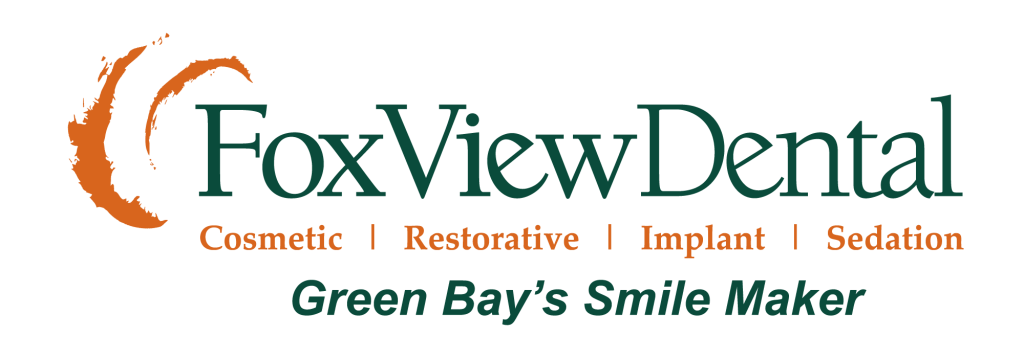Types of Dental Implants
Dr. Yenchesky offers several proven implant solutions to rehabilitate your smile. The type recommended depends on your specific case, including how many teeth need replacing and the quality and quantity of jawbone available. Common options include:
Endosteal Implants
The most frequently used implant type, endosteal implants are surgically embedded in the jawbone. Each implant post is topped with an abutment once fused, supporting the prosthetic tooth or teeth. Two or more implant posts are often used to securely support fixed bridges replacing multiple adjacent teeth.
Subperiosteal Implants
Subperiosteal implants consist of a metal frame surgically placed under the gum and on top of the jawbone. The frame becomes fixed to the bone through the process of osseointegration. The frame provides stability for the artificial teeth placed within it.
These types of implants are less common today, as endosteal implants provide more predictable results in most cases. However, they can be an option when extensive bone loss has occurred.
Mini Dental Implants
As the name implies, mini dental implants are smaller-diameter implants well-suited for replacing smaller teeth like incisors. The mini implant consists of a screw-like titanium post topped with an abutment to secure the individual prosthetic tooth. They can sometimes be immediately loaded if adequate initial stability is achieved.
Mini implants offer a minimally invasive option for single-tooth replacement and can temporarily stabilize removable dentures. They aren’t generally recommended for the back teeth, which bear more pressure during chewing.


